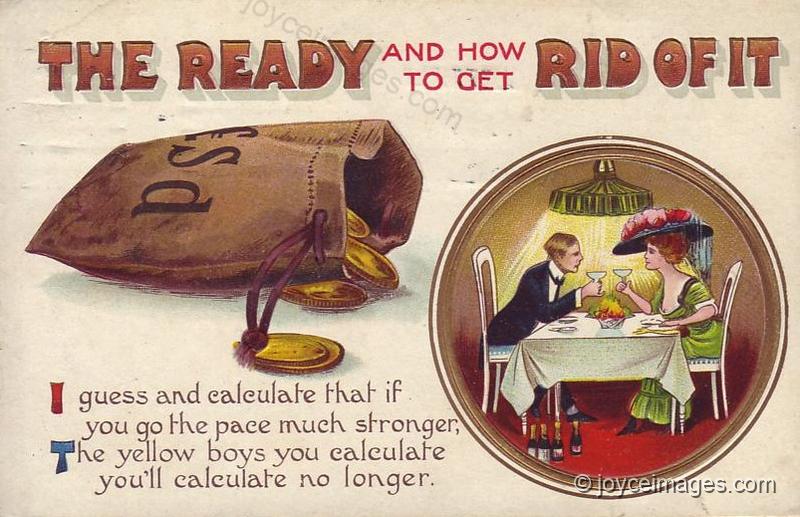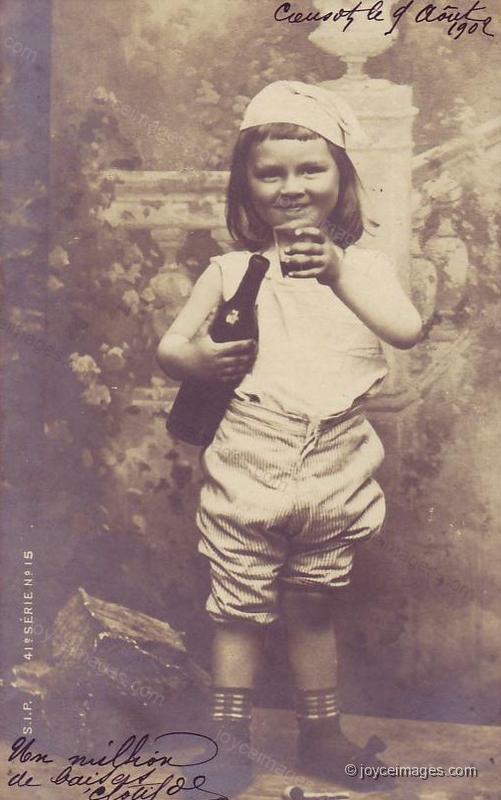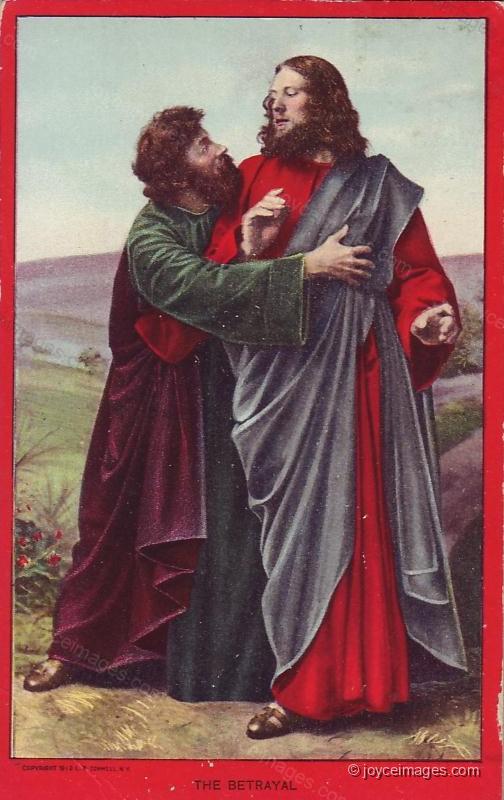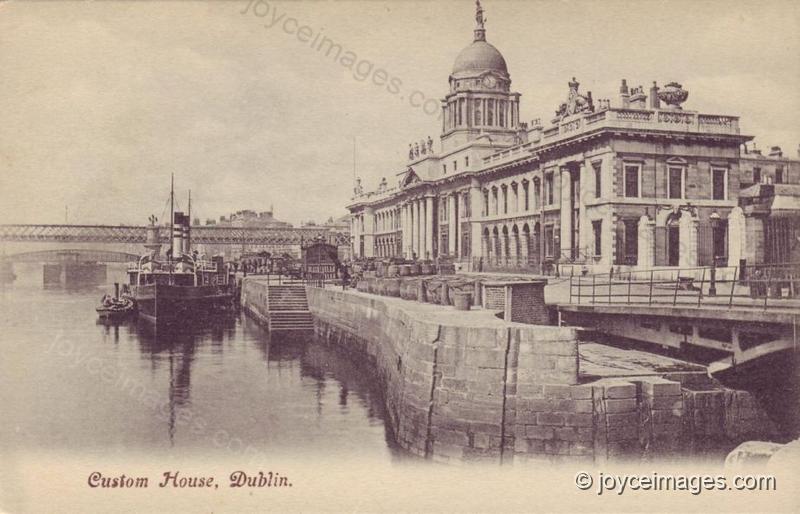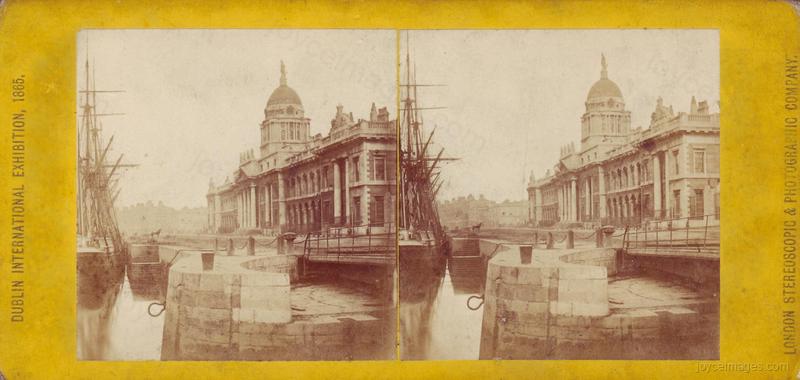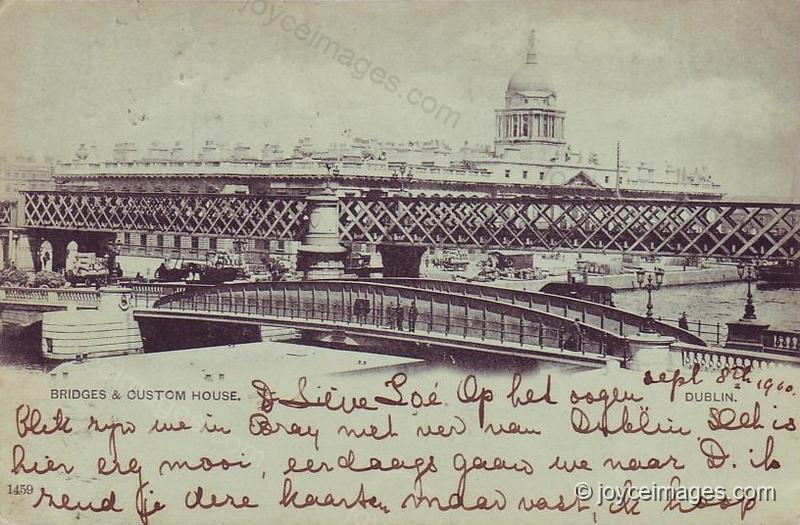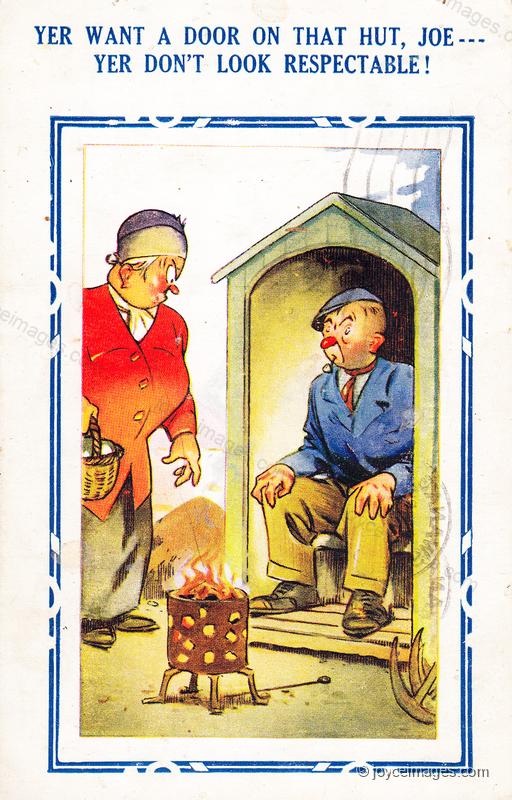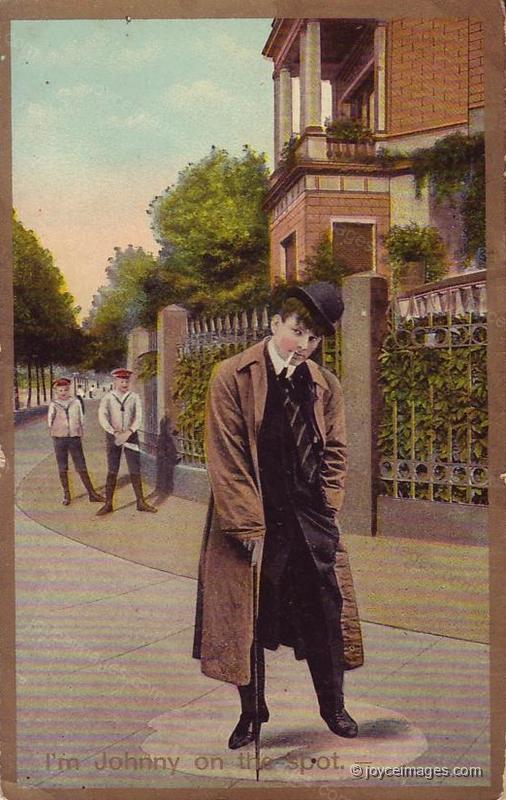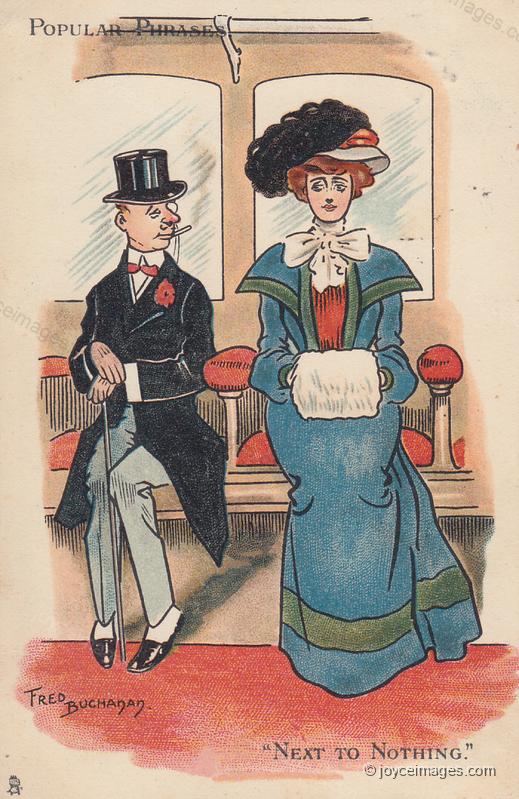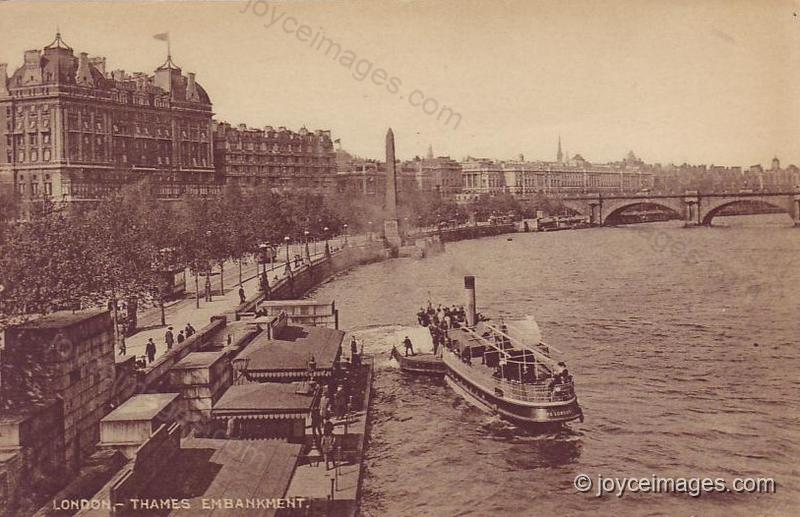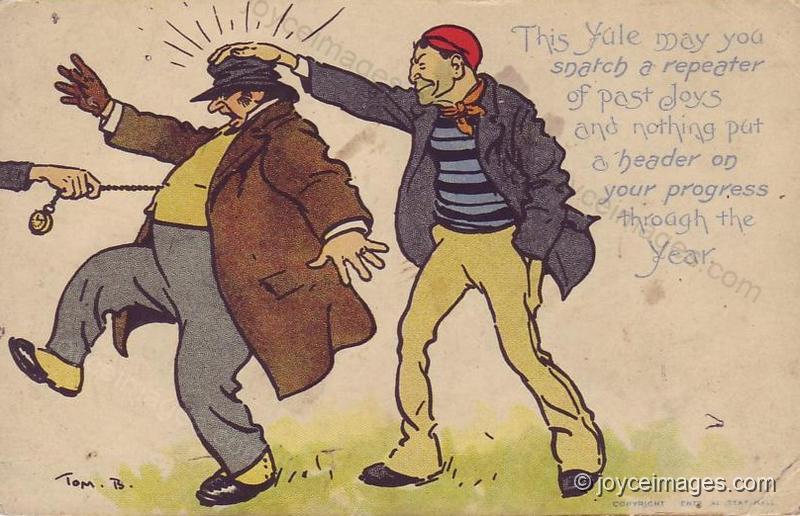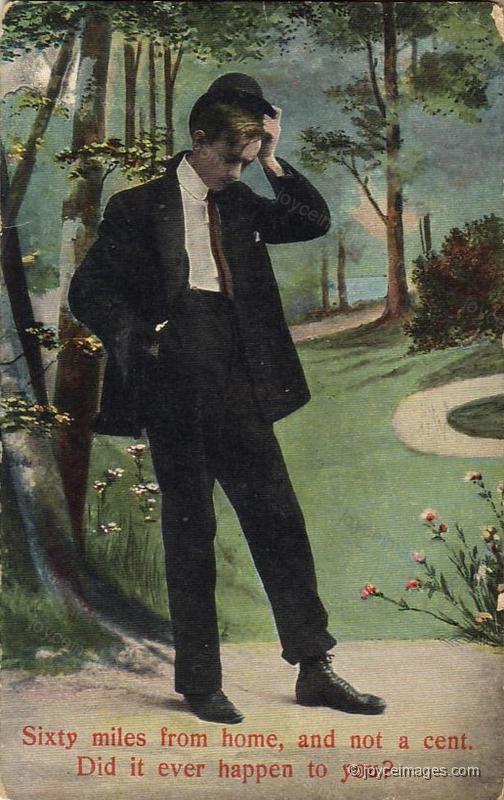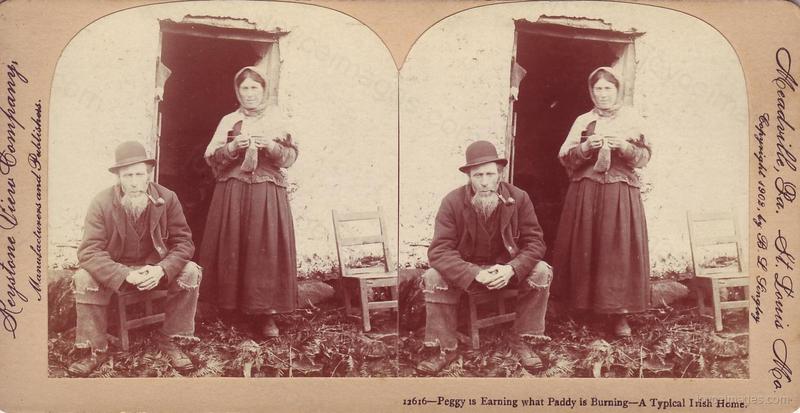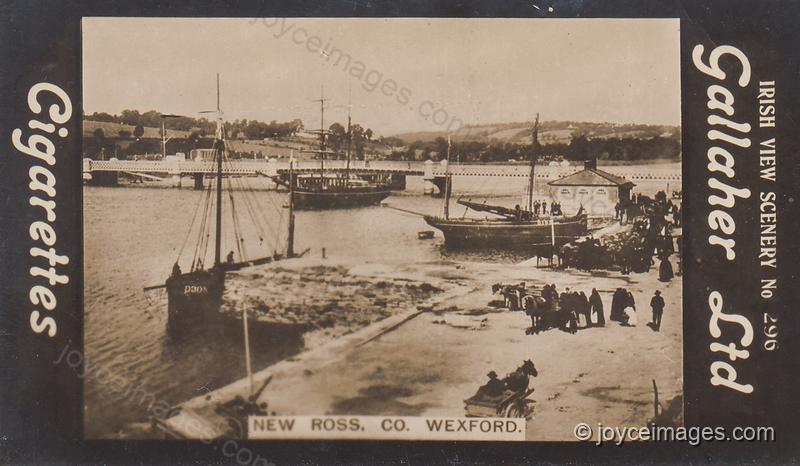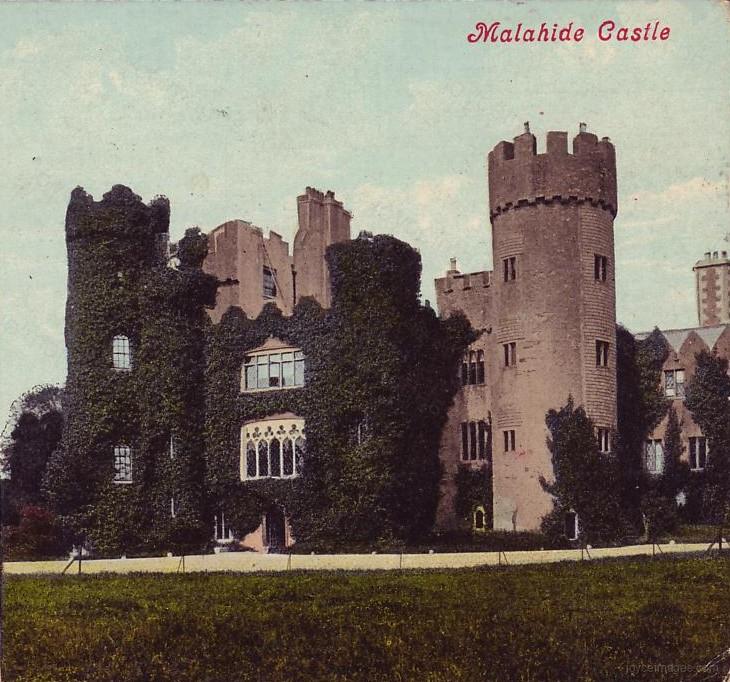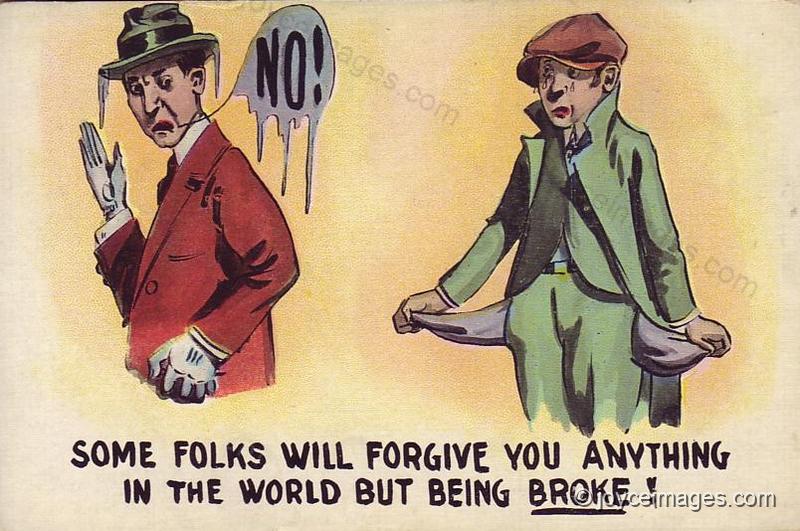"fast women of the demimonde ran away with a lot of £.s.d. into the bargain and the greatest danger of all was who you got drunk with" (U16.87)
"though, touching the much vexed question of stimulants, he relished a glass of choice old wine in season as both nourishing and bloodmaking and possessing aperient virtues (notably a good burgundy which he was a staunch believer in) still never beyond a certain point where he invariably drew the line as it simply led to trouble all round to say nothing of your being at the tender mercy of others practically." (U16.89)
"Most of all he commented adversely on the desertion of Stephen by all his pubhunting confrères but one, a most glaring piece of ratting on the part of his brother medicos under all the circs.
- And that one was Judas, said Stephen, who up to then had said nothing whatsoever of any kind." (U16.95)
- And that one was Judas, said Stephen, who up to then had said nothing whatsoever of any kind." (U16.95)
"Discussing these and kindred topics they made a beeline across the back of the Customhouse and passed under the Loop Line bridge" (U16.100)
The Loop Line bridge is not a true bridge, but the railway line as it crosses the Liffey overhead. It opened for traffic in May 1891.
The Loop Line bridge is not a true bridge, but the railway line as it crosses the Liffey overhead. It opened for traffic in May 1891.
"when a brazier of coke burning in front of a sentrybox, or something like one, attracted their rather lagging footsteps." (U16.101)
"Stephen of his own accord stopped for no special reason to look at the heap of barren cobblestones and by the light emanating from the brazier he could just make out the darker figure of the corporation watchman inside the gloom of the sentrybox. He began to remember that this had happened or had been mentioned as having happened before but it cost him no small effort before he remembered that he recognised in the sentry a quondam friend of his father's, Gumley. To avoid a meeting he drew nearer to the pillars of the railway bridge." (U16.103)
"- Someone saluted you, Mr Bloom said.
A figure of middle height on the prowl, evidently, under the arches saluted again, calling: Night! Stephen, of course, started rather dizzily and stopped to return the compliment. Mr Bloom, actuated by motives of inherent delicacy, inasmuch as he always believed in minding his own business, moved off but nevertheless remained on the qui vive with just a shade of anxiety though not funkyish in the least." (U16.111)
A figure of middle height on the prowl, evidently, under the arches saluted again, calling: Night! Stephen, of course, started rather dizzily and stopped to return the compliment. Mr Bloom, actuated by motives of inherent delicacy, inasmuch as he always believed in minding his own business, moved off but nevertheless remained on the qui vive with just a shade of anxiety though not funkyish in the least." (U16.111)
"Although unusual in the Dublin area, he knew that it was not by any means unknown for desperadoes who had next to nothing to live on to be abroad waylaying and generally terrorising peaceable pedestrians by placing a pistol at their head in some secluded spot outside the city proper," (U16.119)
"or simply marauders ready to decamp with whatever boodle they could in one fell swoop at a moment's notice, your money or your life, leaving you there to point a moral, gagged and garotted." (U16.124)
"Stephen, that is when the accosting figure came to close quarters, though he was not in an over sober state himself, recognised Corley's breath redolent of rotten cornjuice. Lord John Corley, some called him, and his genealogy came about in this wise." (U16.128)
"He was the eldest son of Inspector Corley of the G Division, lately deceased, who had married a certain Katherine Brophy, the daughter of a Louth farmer." (U16.131)
"His grandfather, Patrick Michael Corley, of New Ross, had married the widow of a publican there whose maiden name had been Katherine (also) Talbot." (U16.133)
"Rumour had it, though not proved, that she descended from the house of the Lords Talbot de Malahide in whose mansion, really an unquestionably fine residence of its kind and well worth seeing, his mother or aunt or some relative, a woman, as the tale went, of extreme beauty, had enjoyed the distinction of being in service in the wash kitchen.
This, therefore, was the reason why the still comparatively young though dissolute man who now addressed Stephen was spoken of by some with facetious proclivities as Lord John Corley." (U16.135)
This, therefore, was the reason why the still comparatively young though dissolute man who now addressed Stephen was spoken of by some with facetious proclivities as Lord John Corley." (U16.135)
"Taking Stephen on one side he had the customary doleful ditty to tell. Not as much as a farthing to purchase a night's lodgings. His friends had all deserted him. Furthermore, he had a row with Lenehan and called him to Stephen a mean bloody swab with a sprinkling of other uncalledfor expressions. He was out of a job and implored of Stephen to tell him where on God's earth he could get something, anything at all to do." (U16.144)
